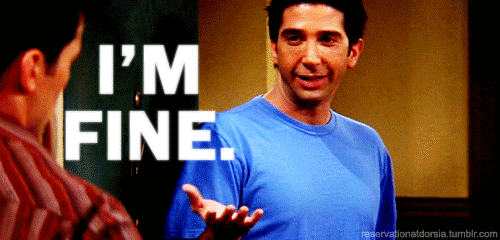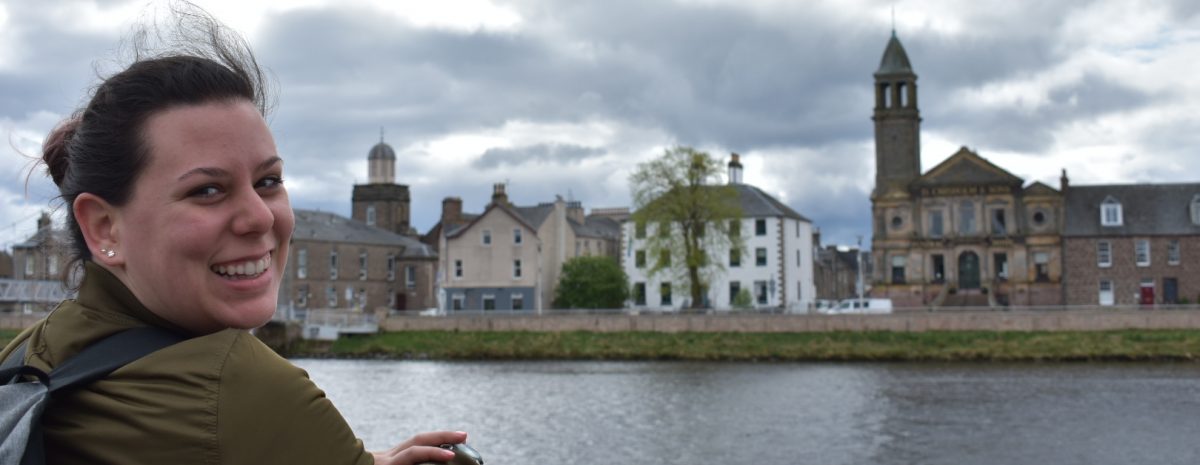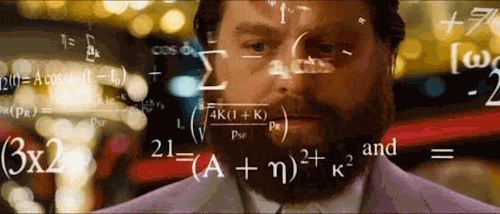After getting the scripts written, I went on the hunt for producers. Unfortunately, researching producers for The Vine Yard proved bittersweet.
Bitter because I’m what’s called a “baby writer.” It means I’m new to the industry, with no produced work or production experience. In that regard, it would be extremely difficult to find a producer because there’s no “heat” on my script. No one was talking about my work, or the story, so no one would be vying to work with me. At the same time, I was untested. It would be a risk to take on my project, no matter how good the writing was, because I had no guarantees of success.
It was sweet because Amazon Studios took unsolicited material. I could submit my work to them on the chance they’d want to produce it!
The downside to Amazon Studios was that I’d read all about how they greenlighted material, and then it sat for four years. As The Vine Yard was time-sensitive (given that Vine had ended and would quickly be forgotten in our face-paced society) I needed this to happen quickly.

So, of course, I delayed taking any action. I spent hours researching agents that took unsolicited work, meanwhile getting advice from anyone remotely associated with “the industry.”
After reading yet another devastating blog post about the difficulty of getting an agent, and the fact that even having an agent wouldn’t guarantee your work going anywhere, I made a decision. After reading over my script for the fifth time, I submitted it to Amazon Studios. While waiting to hear from them, I put plans into motion to create The Vine Yard myself. That’s right, I was going to produce the show.
After plotting with my roommate, I made a list of everything I’d need to do this project, and proceeded to call my parents. We discussed logistics, and surprisingly, they both not only wholeheartedly agreed that I could do it, but also enthusiastically encouraged me to do so. Stunned, I returned to my list and began.
Two days later, I heard back from Amazon Studios. The Vine Yard was not what they were looking for at this time. Seeing as it was a 17+ TV show about a dead app, I understood. I wasn’t fazed by the rejection, though.

I decided I’d film the show myself, using phones (as it was the way OG Viners filmed their work back in the day, and it would cut costs until I could afford to rent equipment.) Deciding to film a sort of teaser trailer to post on GoFundMe, so I could raise the money I’d need to properly produce this, I sent out a casting call to the telecommunications and theater departments at UF. Within a week, I had 15 people interested in auditioning. I felt powerful. I was a writer/director/producer creating my own work. I couldn’t quite believe it was happening.
With the auditions set, I sent out a page of dialogue from the excerpt of the pilot script for my actors to memorize, and set the date. This was it. This was me going for my dream. Nothing will stop me now!






